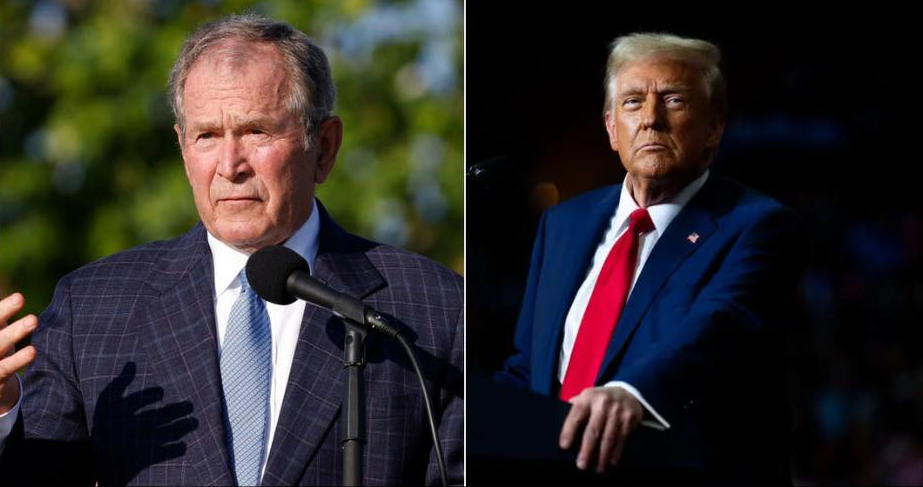They thought no one was watching. They thought the desert’s sun would hide everything—the tracks, the screams, the deals made in shadow. Stash houses, hidden behind crumbling walls and barbed fences, became temporary prisons and counting rooms all at once. Inside, the air was thick with sweat, dust, and fear. Engines roared in the distance, drowning out the muted cries of those trapped inside. Human beings were cataloged with cold precision: tagged, priced, shuffled from one vehicle to the next, treated like nothing more than freight to be moved, sold, and replaced. Each day was a ledger entry, each life a number in a balance sheet of cruelty.
But perfection is fragile. One run went wrong. One body refused to vanish quietly into the earth, one error left a trace, and suddenly the empire that had seemed untouchable—built on cash, encrypted codes, and a culture of ruthless silence—began to crack. A single oversight spread like wildfire, revealing a network of secrecy so dense it had once seemed unassailable. Where once the leaders had smiled at their own invincibility, now a chill of uncertainty ran through rooms filled with people too afraid to speak.
The indictment, when it came, read like a manual of inhumanity. Pages detailed rooms packed so tight people could barely move, breathing shallow and desperate. Children slept on concrete, their bodies stiff, their innocence crushed beneath the weight of exploitation. Drivers were instructed to keep moving deeper into the desert, even when water ran out and the sun turned skin to leather. For the masterminds, each human “load” was just another payout, another wire transfer, another night when engines churned without pause, when nights were measured not in hours but in dollars gained and human costs ignored. When someone died, it wasn’t a tragedy—it was an expense, a line item in an accounting sheet, something to accept with shrugging shoulders and iron nerves.
Now, the tables had turned. Bank accounts once thought untouchable were being frozen, safe houses raided, and vehicles seized. Names that had been whispered in fear now appeared in court documents, dragged into daylight they had assumed would never reach them. Prosecutors spoke in measured tones about deterrence, disruption, and the rule of law, but the human story behind the statistics was impossible to ignore. Families pored over redacted files, searching desperately for faces, names, connections. Each line of text in those legal documents hinted at someone’s loved one, someone’s absence, someone’s suffering. Mothers, fathers, siblings—each wondering if the missing person in their life had been one more “shipment,” one more mistake, one more life counted as collateral damage.
The story doesn’t end with the court’s gavel. Prison sentences and forfeitures may close chapters, but they cannot fill the empty chairs at dinner tables, cannot soothe the silent bedrooms, cannot repair the laughter stolen by fear and brutality. Every conviction is a ledger entry; every payment seized is a minor victory. The real reckoning lives in those who remain behind, in the faces of those who endured unimaginable cruelty and in the quiet places where justice cannot follow. In the desert, the wind still blows over empty lots and abandoned safe houses, carrying the memory of those who were priced, tagged, and moved like merchandise. The engines may have stopped, but the echoes of what happened—the human cost—will never truly fade.
The empire, once thought untouchable, now stands exposed, its skeletons laid bare for all to see. And while some may walk into court and hear the words “guilty” and “forfeiture,” others will carry the heavier burden: the knowledge of lives erased, innocence stolen, and the fact that no verdict, no matter how severe, can ever return what was taken. Justice can punish, but it cannot resurrect. The desert keeps its secrets, but now, finally, the world knows the price of silence—and the cost of thinking that no one, ever, was watching.
